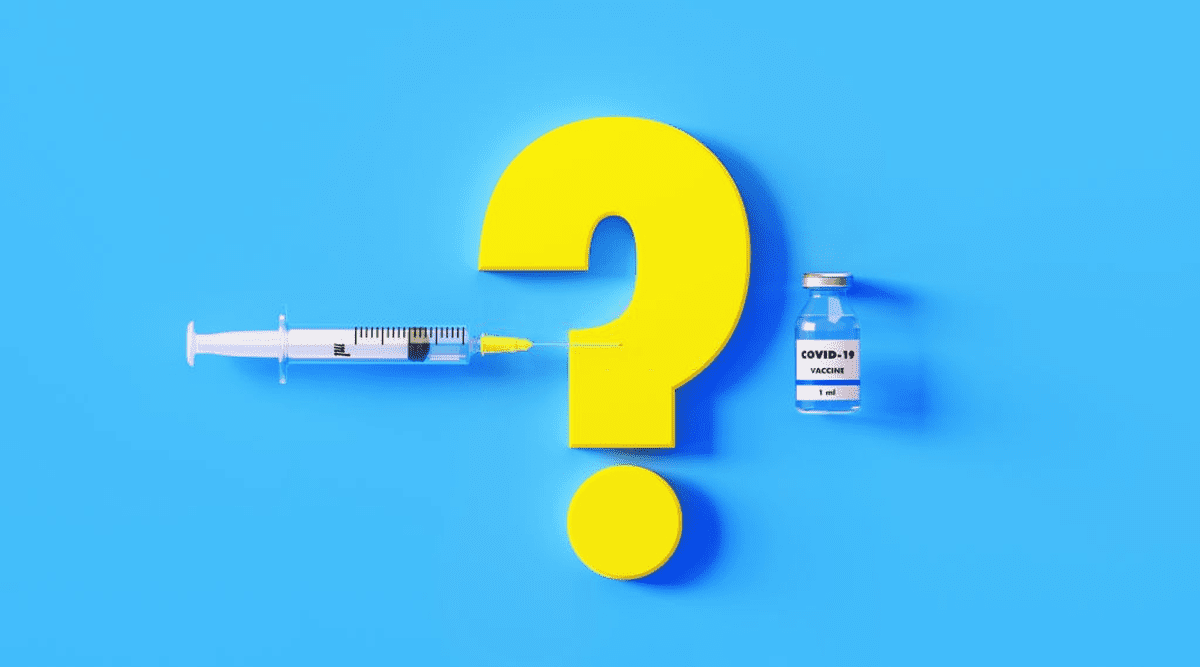It is called novel-coronavirus for a reason. It is a new virus, discovered around 3 to 4 months back and now has put almost one-third of the world under lockdown. For many, no other incident in their lifetime had the ability to impact their lives like the current pandemic. There are many confusions and questions about the COVID-19 disease that people aren’t able to decide due to multiple sources of information sometimes contradicting each other.
It is our attempt to answer most of them based on the most reliable healthcare and scientific sources from the world. There are many aspects of the pandemic that is discovered on a regular basis and it’s important that any information that you seek is up-to-date. We assure you the article is updated with the most updated information on the ongoing pandemic.
You may also like: How to Coronavirus-proof your home
What is SARS-CoV-2? What is COVID-19? What is a novel coronavirus? what is a coronavirus?
One of the most confusing aspects of the current pandemic is about multiple names for the virus and disease you hear and read. To simplify let’s start from the basics. Coronaviruses are not new, human coronaviruses were first discovered in the late 1960s. It gets its name due to the appearance of virions (the infective form of the virus) by electron microscopy, which has a fringe of large spike surface projections that match the crown or of a solar corona.
There were six other coronaviruses known to cause disease in human including your well-known common cold. Novel coronavirus was the name given to the new seventh one that originated in Wuhan in China in 2019. It was later named as 2019-nCoV and then finally as SARS-CoV-2. The name COVID-19 is for the disease caused by SARS-CoV2. After all, you need some time to name a newborn.
Just in case you are wondering SARS stands for Severe Acute Respiratory Syndrome
Did coronavirus (COVID-19) escape from a lab? Is it a biological weapon?

As much as this theory is propagated by many trying to attribute the current pandemic to something man-made, this hypothesis is proven to be wrong.
A new analysis of SARS-CoV-2 has finally put that idea to bed. A group of researchers compared the genome of this novel coronavirus with the seven other coronaviruses known to infect humans: SARS, MERS and SARS-CoV-2, which can cause severe disease; along with HKU1, NL63, OC43 and 229E, which typically cause just mild symptoms, the researchers wrote March 17 in the journal Nature Medicine.
“Our analyses clearly show that SARS-CoV-2 is not a laboratory construct or a purposefully manipulated virus,” they wrote in the journal article.
Can I get the coronavirus (COVID-19) twice?

You may have read that up to 10 percent of coronavirus patients leaving medical facilities in Wuhan after being tested negative for COVID-19 appear to have subsequently been re-infected, according to the South China Morning Post. This is not the first time that there have been reports of re-infection. Nevertheless, scientists say that it is unlikely that the virus is striking twice.
Generally speaking, once you have antibodies for a specific pathogen, it’s harder to get sick with that same disease again because those antibodies are able to “recognize” the pathogen and deactivate it when it enters the body. Again, it doesn’t always work this way, but that’s the basic idea of how people can acquire immunity to certain diseases.
Not every virus behaves the same way, though, and extensive research into whether the SARS-CoV-2 virus that causes COVID-19 triggers enough antibodies to impart a durable immune response is unclear. But there’s plenty of reason to hope that it acts the same way. Also, a vaccine can be developed, and, in fact, clinical trials have already started.
Can I get the coronavirus (COVID-19) from my pets?

A tiger at the Bronx Zoo tested positive for SARS-CoV-2, the virus that causes COVID-19 in humans. Also, there are multiple reports of dogs and cats getting infected with the virus.
However, to date, we have no evidence of the virus being transmitted from a pet to their owners. It’s much, much more likely that an owner could potentially transmit it to their pet.
Even then, the risk of a pet contracting the virus is low. Globally, only two dogs and two cats have tested positive for the virus, according to the American Veterinary Medical Association (AVMA).
Can I get the coronavirus (COVID-19) from a package shipped to me?

It may be possible that a person can get COVID-19 by touching a surface or object, like a packaging container, that has the virus on it and then touching their own mouth, nose, or possibly their eyes, but this is not thought to be the main way the virus spreads.
In general, because of the poor survivability of these coronaviruses on surfaces, there is likely a very low risk of spread from food products or packaging. In short, theoretically, you may get the coronavirus by handling a package with the contaminated surface but the chances are very low. However, it’s better to sanitize or wash the surface and maintain recommended hygiene,
Can I get the coronavirus (COVID-19) from food?

Coronaviruses are generally thought to be spread from person to person through respiratory droplets. Currently, there is no evidence to support the transmission of COVID-19 associated with food.
However, before preparing or eating food it is important to always wash your hands with soap and water for at least 20 seconds for general food safety. Throughout the day use a tissue to cover your coughing or sneezing, and wash your hands after blowing your nose, coughing or sneezing, or going to the bathroom.
Will coronavirus (COVID-19) survive hot and humid weather in my country?

Some people hope that the coronavirus outbreak will wane as temperatures rise, but pandemics often don’t behave in the same way as seasonal outbreaks.
Many of the larger outbreaks have been observed in regions where the weather is generally cooler, leading to speculation that the disease might begin to tail off with the arrival of summer. Many experts, however, have already cautioned against banking too much on the virus dying down over the summer.
A study conducted 10 years ago by Kate Templeton, from the Center for Infectious Diseases at the University of Edinburgh, UK, found that three coronaviruses – all obtained from patients with respiratory tract infections at hospitals and GP surgeries in Edinburgh – showed “marked winter seasonality”. These viruses seemed to cause infections mainly between December and April – a similar pattern to that seen with influenza. A fourth coronavirus, which was mainly found in patients with reduced immune systems, was far more sporadic.
However, there are some early hints that Covid-19 may also vary with the seasons. The spread of outbreaks of the new disease around the world seems to suggest it has a preference for cool and dry conditions, although it is worth noting that the virus has appeared in countries with a wide range of climates, including hot humid ones. In conclusion there is no definitive study to conclude that the outbreak will wane in summers, we should also not expect the same and maintain the protocol given by health authorities of respective countries.
Can the coronavirus (COVID-19) survive on my clothes?
Although the Centers for Disease Control and Prevention (CDC) says the new coronavirus is typically transmitted through respiratory droplets (from an infected person sneezing or coughing) rather than through objects and materials that can transfer the virus if they become contaminated, CDC guidelines also note that the virus may remain viable for hours to days on surfaces made from a variety of materials, including clothing.
How long can coronavirus (COVID-19) survive on objects and surfaces?
It is not certain how long the virus that causes COVID-19 survives on surfaces, but it seems to behave like other coronaviruses. Studies suggest that coronaviruses (including preliminary information on the COVID-19 virus) may persist on surfaces for a few hours or up to several days. This may vary under different conditions (e.g. type of surface, temperature or humidity of the environment).
If you think a surface may be infected, clean it with simple disinfectant to kill the virus and protect yourself and others. Clean your hands with an alcohol-based hand rub or wash them with soap and water. Avoid touching your eyes, mouth, or nose.
Will an old malaria drug help fight the coronavirus?
Hydroxychloroquine has been used for around 70 years to treat malaria, rheumatic conditions and other ailments. Now its potential use in the fight against coronavirus has become a source of hope for many, following encouraging results from a clinical trial in France on Monday. But experts caution that there is still uncertainty about its effectiveness.
In short, clinical trials are ongoing and results will come out soon regarding the efficacy of the anti-malarial drug.
Will exposing myself to sun kill coronavirus (COVID-19)?
You can catch COVID-19, no matter how sunny or hot the weather is.



